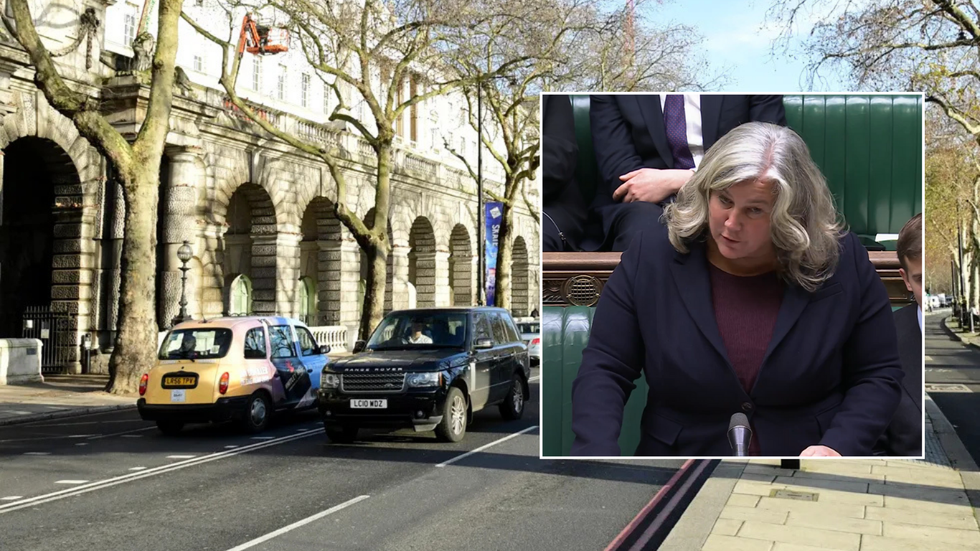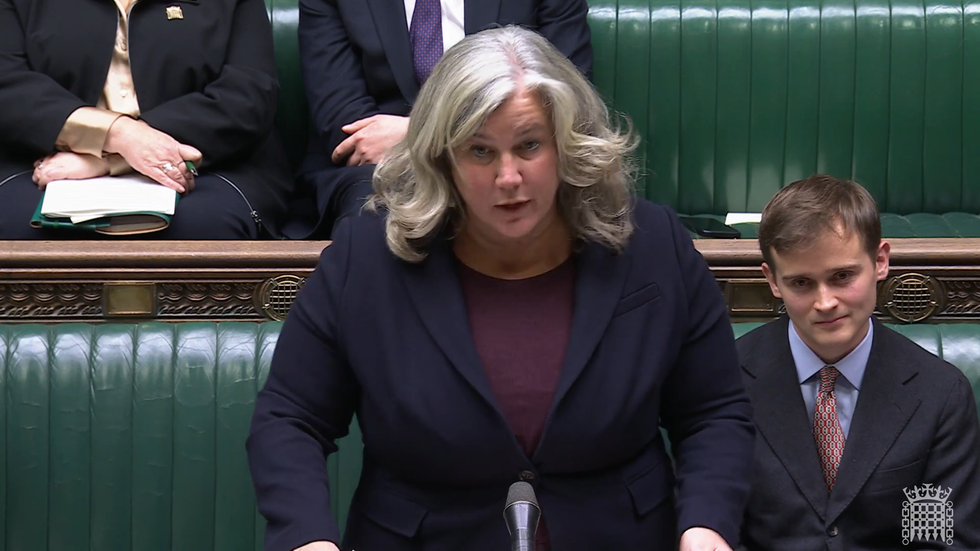Labour has categorically dismissed speculation that Rachel Reeves will introduce pay-per-mile taxes at the Autumn Budget next week, despite widespread reports.
Transport Secretary Heidi Alexander declared during parliamentary questions today that no such proposals exist ahead of next week’s Budget, which was expected to include tougher driving costs for electric vehicle owners.
The denial came in response to concerns raised in the House of Commons about reports suggesting the introduction of road pricing measures that would see drivers charged based on distance travelled.
During exchanges in Parliament earlier today, Heidi Alexander directly addressed these concerns, stating unequivocally: “There are no proposals to introduce a national pay-per-mile scheme.”
The Transport Secretary said that the Government stands firmly with motorists, outlining its commitment to supporting drivers through infrastructure investments rather than implementing new charging mechanisms.
The admission seems to go against previous responses to pay-per-mile taxes, with a Government spokesperson stating this month: “We want a fairer system for all drivers while backing the transition to electric vehicles, which is why we have invested £4billion in support, including grants to cut upfront costs by up to £3,750 per eligible vehicle.
“Just as it is right to seek a tax system that fairly funds roads, infrastructure and public services, we will look at further support measures to make owning electric vehicles more convenient and more affordable.”
Charlie Dewhirst, Conservative MP for Bridlington and The Wolds, challenged the Government during Question Time, warning that any introduction of distance-based road charging would severely affect countryside communities where private vehicles remain essential for everyday journeys.

The MP argued that any road charging measures would constitute “yet another slap in the face from this Government for the countryside and for our motorists,” highlighting how residents in rural areas rely more heavily on cars due to limited public transport options.
Ms Alexander highlighted Labour’s focus on improving road infrastructure and reducing costs for drivers rather than implementing new charging systems.
The Secretary of State used the parliamentary session to outline existing commitments to motorists, emphasising practical support through infrastructure spending rather than additional taxation measures.
LATEST DEVELOPMENTS
- Porsche unveils first electric SUV with groundbreaking 400-mile range and wireless charging
- Motorists demand action as reckless drivers speed at 78mph despite 20mph speed limit
- Ford boss issues urgent pay-per-mile car tax warning to Rachel Reeves ahead of Budget decision
The Government detailed its substantial financial commitments to road infrastructure, with the Secretary of State highlighting its £24billion investment for motorways and local road networks.
This year’s allocation included £1.6billion specifically earmarked for local road maintenance, representing an increase of £500million compared to the previous year’s Budget.
Ms Alexander emphasised that these investments would address critical infrastructure needs, including repairs to deteriorating bridges, ageing flyovers and damaged road surfaces across the country.
These commitments come as local authorities face mounting pressure to address backlogs in road maintenance following years of underinvestment in transport infrastructure.

The Labour MP for Swindon South outlined additional financial support for motorists, including £650million allocated to reduce the purchase price of electric vehicles, demonstrating the Government’s commitment to making greener transport options more affordable.
Ministers also highlighted that more than 30 road improvement projects have received approval over the past year.
These measures form part of what the Government describes as its strategy to make journeys “safer and smoother” while helping motorists save money.
The comprehensive support package was presented as evidence of the administration’s priorities, with the Secretary of State emphasising practical investments in transport infrastructure rather than introducing new taxation measures on drivers.
Our Standards:
The GB News Editorial Charter







Follow